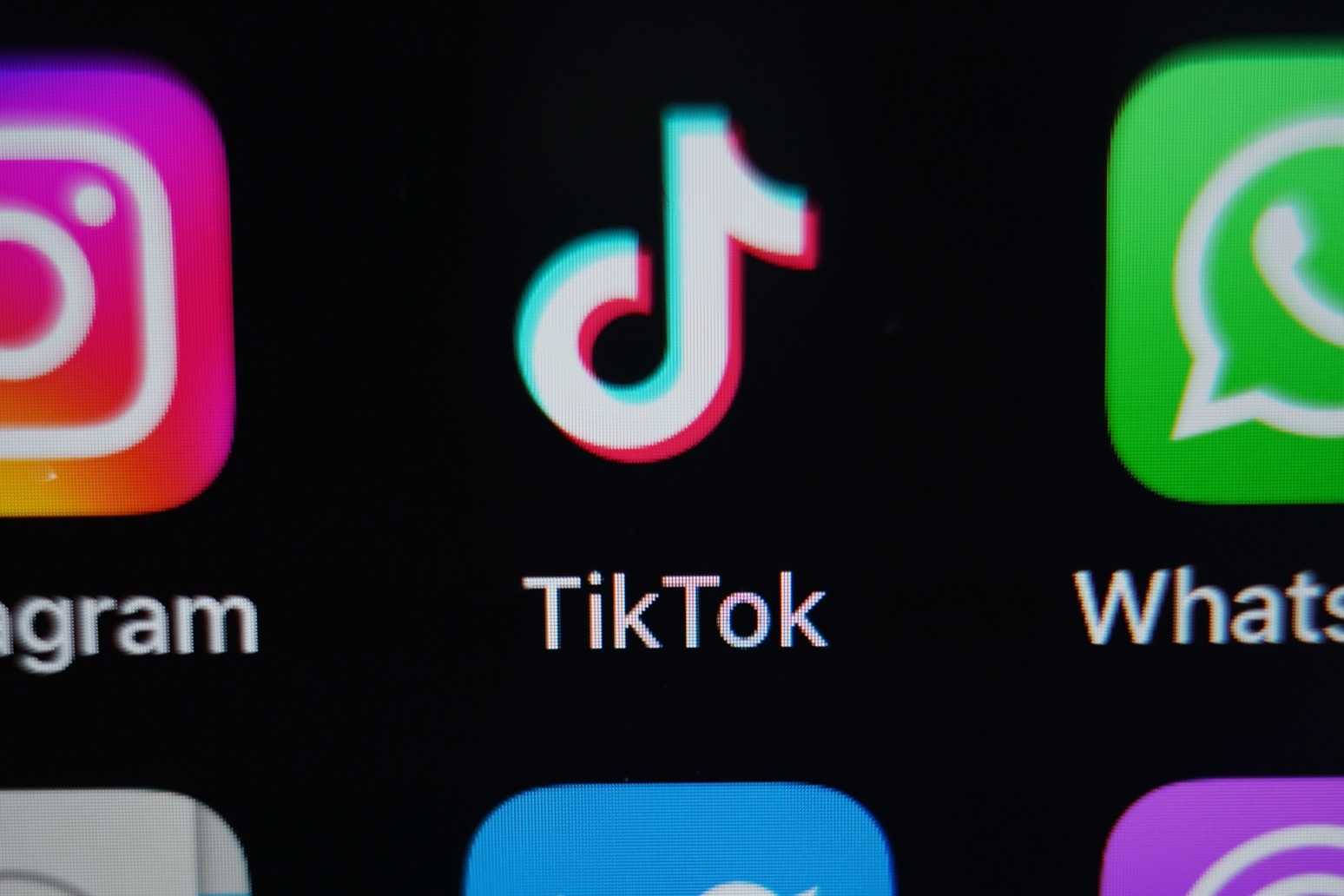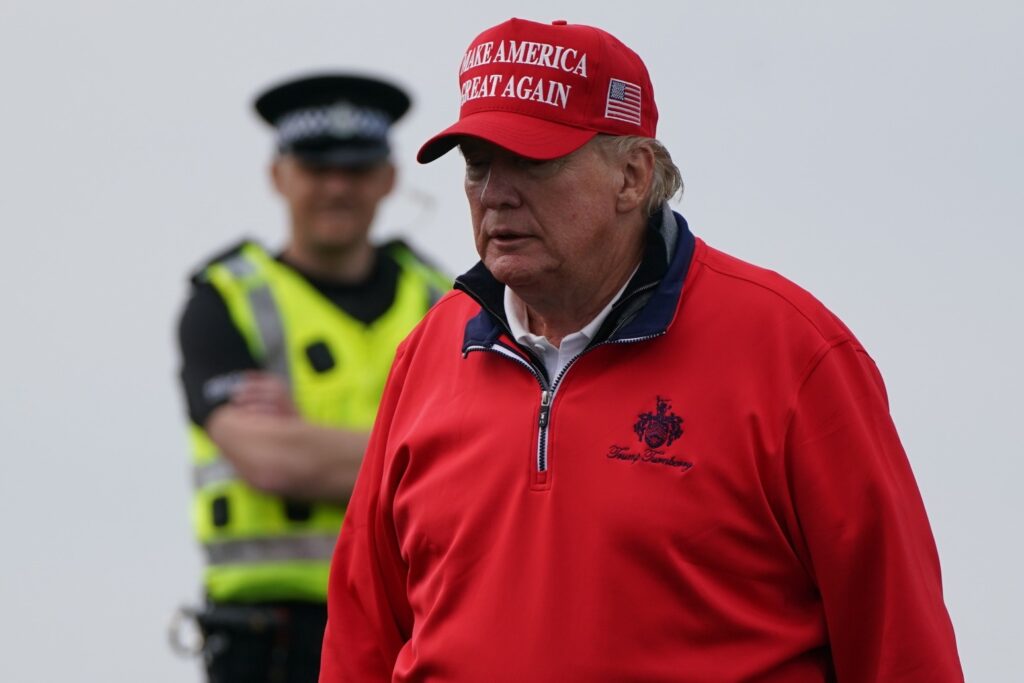This website uses cookies so that we can provide you with the best user experience possible. Cookie information is stored in your browser and performs functions such as recognising you when you return to our website and helping our team to understand which sections of the website you find most interesting and useful.
US Supreme Court upholds law banning TikTok
18/01/2025

The US Supreme Court has unanimously upheld the federal law banning TikTok starting on Sunday, unless the app is sold by its China-based parent company.
The court holds that the risk to national security posed by its ties to China overcomes concerns about limiting speech by the app or its 170 million users in America.
A sale does not appear imminent and, although experts have said the app will not disappear from existing users’ phones once the law takes effect on January 19, new users will not be able to download it and updates will not be available.
That will eventually render the app unworkable, the US Justice Department has said in court filings.
The decision came against the backdrop of unusual political agitation by US President-elect Donald Trump, who vowed that he could negotiate a solution and the administration of President Joe Biden, which has signalled it will not enforce the law beginning on Sunday, his final full day in office.
“TikTok should remain available to Americans but simply under American ownership or other ownership that addresses the national security concerns identified by Congress in developing this law,” White House press secretary Karine Jean-Pierre said in a statement, noting that actions to implement the law will fall to the new administration.
Mr Trump, mindful of TikTok’s popularity – and his own 14.7 million followers on the app – finds himself on the opposite side of the argument from prominent Senate Republicans, who fault TikTok’s Chinese owner for not finding a buyer before now.
It is unclear what options are open to Mr Trump once he is sworn in as US President on Monday.
The law allowed for a 90-day pause in the restrictions on the app if there had been progress toward a sale before it took effect.
Solicitor General Elizabeth Prelogar, who defended the law at the Supreme Court for the Democratic Biden administration, told the justices last week that it is uncertain whether the prospect of a sale once the law is in effect could trigger a 90-day respite for TikTok.
During arguments, the justices were told by a lawyer for TikTok and ByteDance, the Chinese technology company that is its parent, how difficult it would be to consummate a deal, especially since Chinese law restricts the sale of the proprietary algorithm that has made the social media platform wildly successful.
The app allows users to watch hundreds of videos in about half an hour because some are only a few seconds long, according to a lawsuit filed last year by the state of Kentucky complaining that TikTok is designed to be addictive and harms children’s mental health.
Similar suits were filed by more than a dozen US states. TikTok has called the claims inaccurate.
The dispute over TikTok’s ties to China has come to embody the geopolitical competition between Washington and Beijing.
The US has said it is concerned about TikTok collecting vast swaths of user data, including sensitive information on viewing habits, that could fall into the hands of the Chinese government through coercion.
Officials have also warned the algorithm that fuels what users see on the app is vulnerable to manipulation by Chinese authorities, who can use it to shape content on the platform in a way that is difficult to detect.
TikTok points out the US has not presented evidence that China has attempted to manipulate content on its US platform or gather American user data through TikTok.
Bipartisan majorities in Congress passed legislation, and President Joe Biden signed it into law in April. The law was the culmination of a yearslong saga in Washington over TikTok, which the US government sees as a national security threat.
Published: by Radio NewsHub



